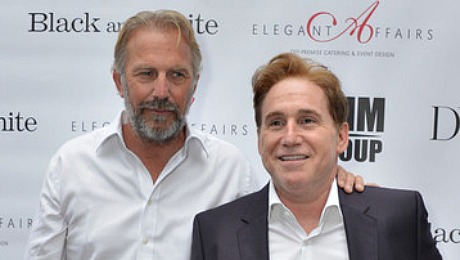Gold Derby‘s Tom O’Neil is reporting that while Focus World, the nickel-and-dime, straight-to-VOD division of Focus Features, will not launch an Oscar campaign for David Cronenberg‘s Maps to the Stars or its Cannes-honored star Julianne Moore, the producers “are in the running for Golden Globes, BAFTA, film critics’ trophies, and SAG and other guild awards. In fact, discussions are currently underway with the film’s handlers and all of those awards, which are much easier to win without hefty campaign investment required at the Oscars.
“Many of the guilds like SAG have screening committees that decide nominations and are easy to access for a reasonable investment,” O’Neil explains, “and so voters in the film-critics groups can be targeted efficiently. In fact, many of them are seeing Maps today at the Toronto International Film Festival. By contrast, to launch Maps effectively into the Oscars derby could cost up to $20 million, which is what many frontrunners have spent in recent years. Technically, a film may qualify after unspooling just one week in a L.A theater just like the Globes, but it needs a fullblown campaign to bring it to the attention of lazy Academy members who insist upon private screenings, personal copies of the DVD and more.

